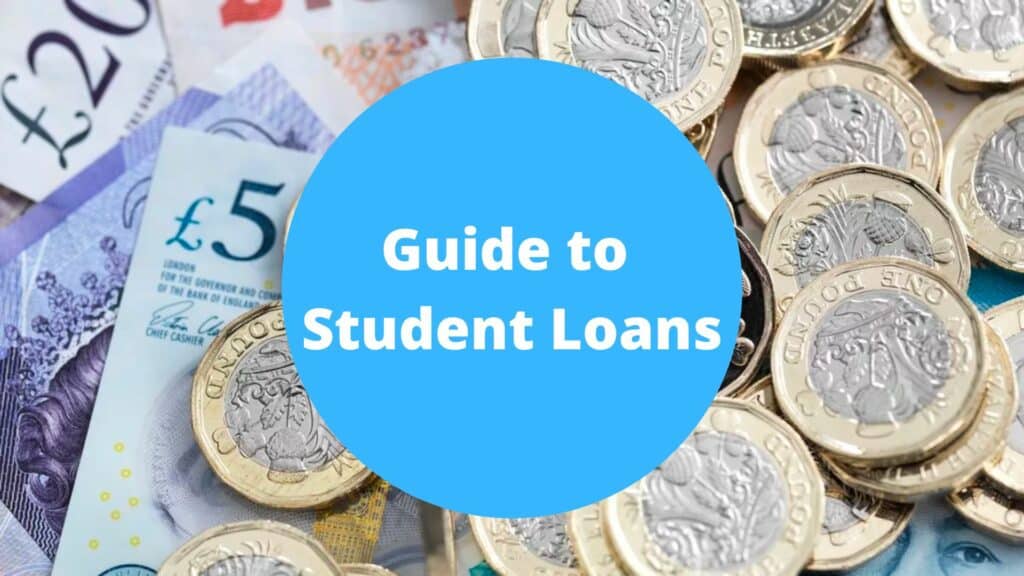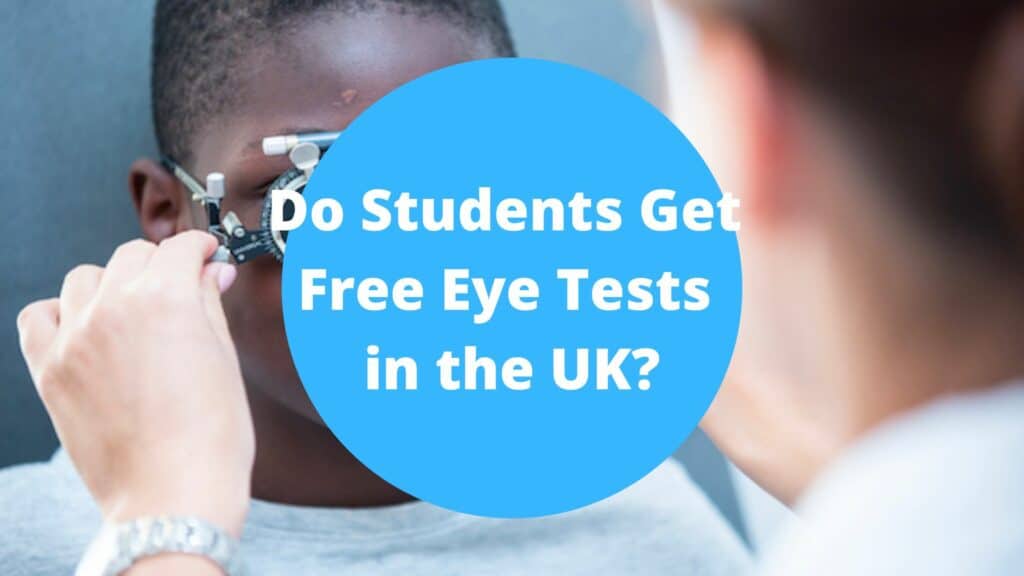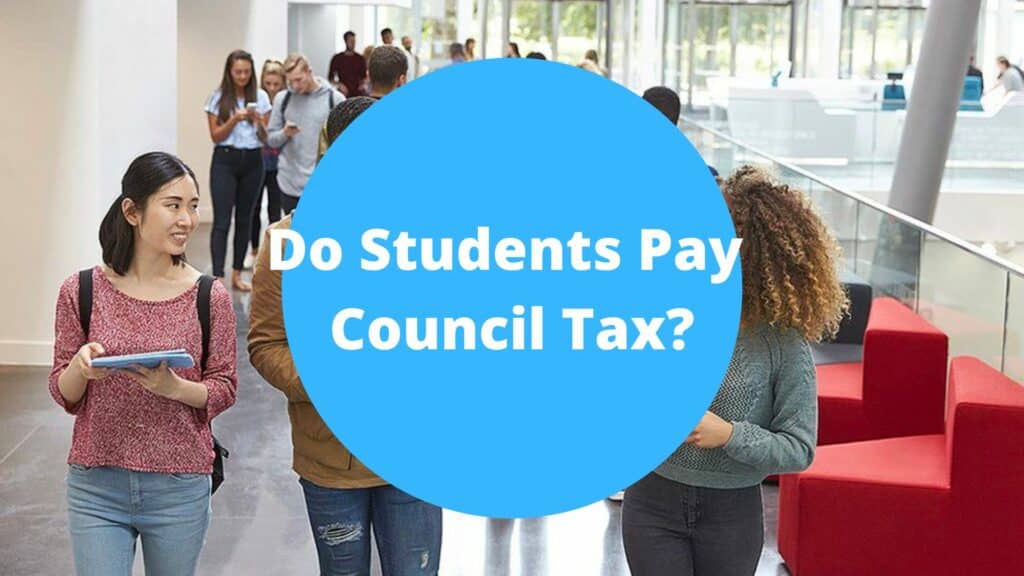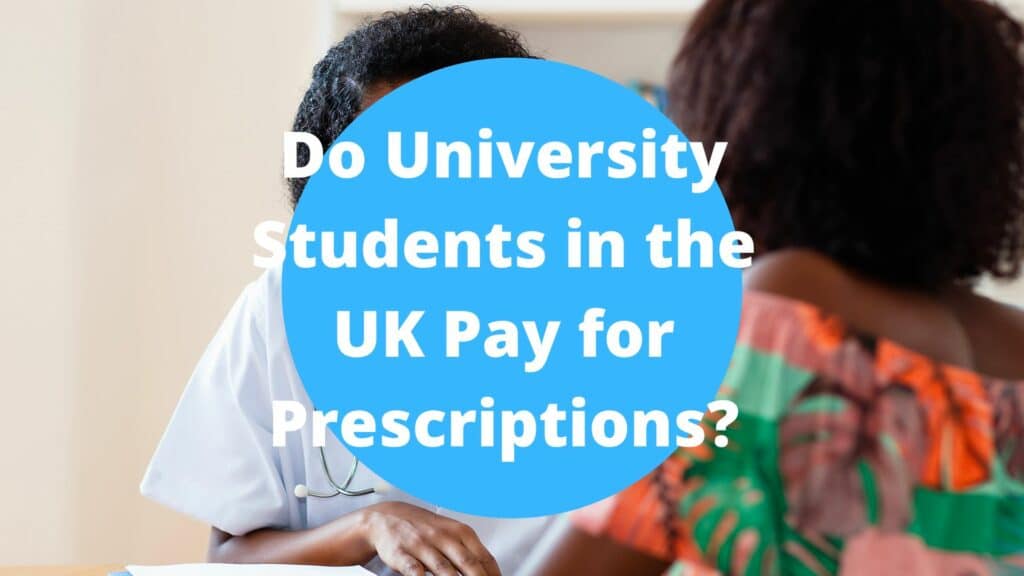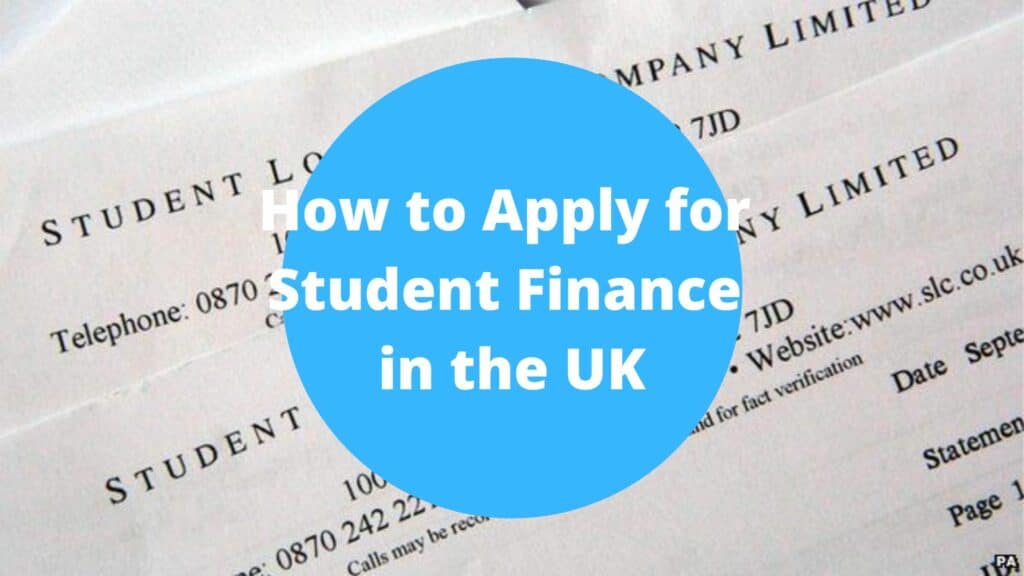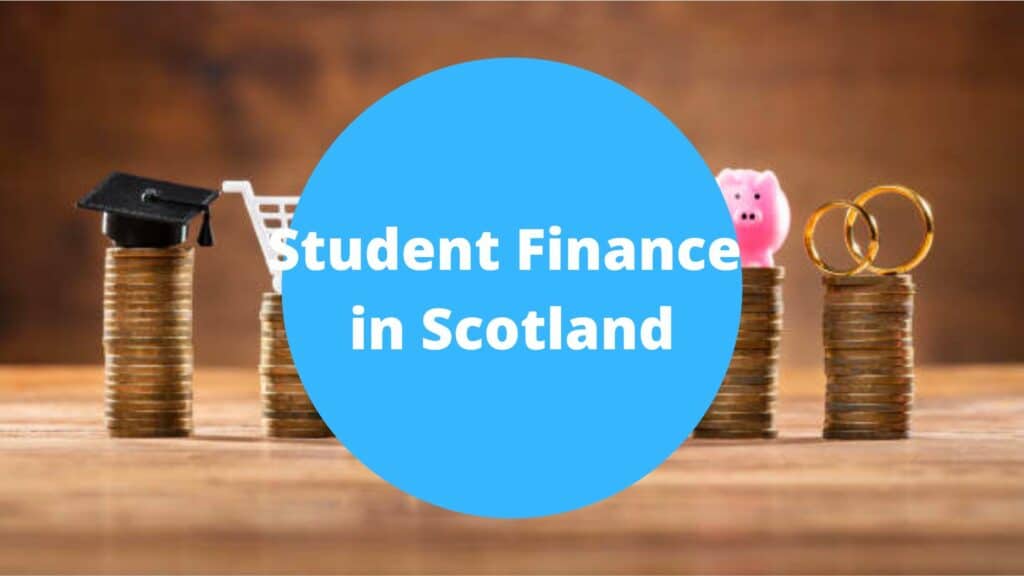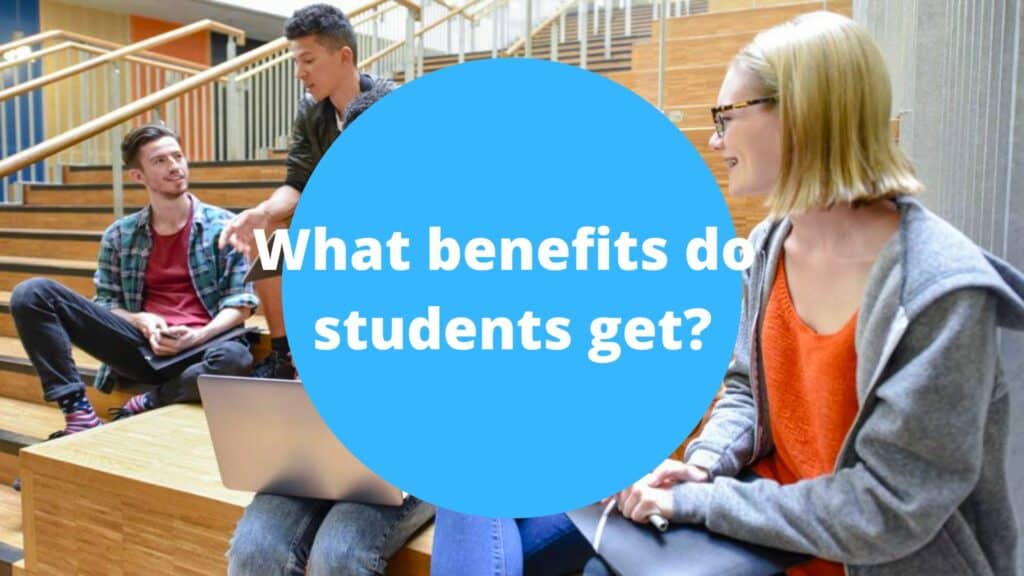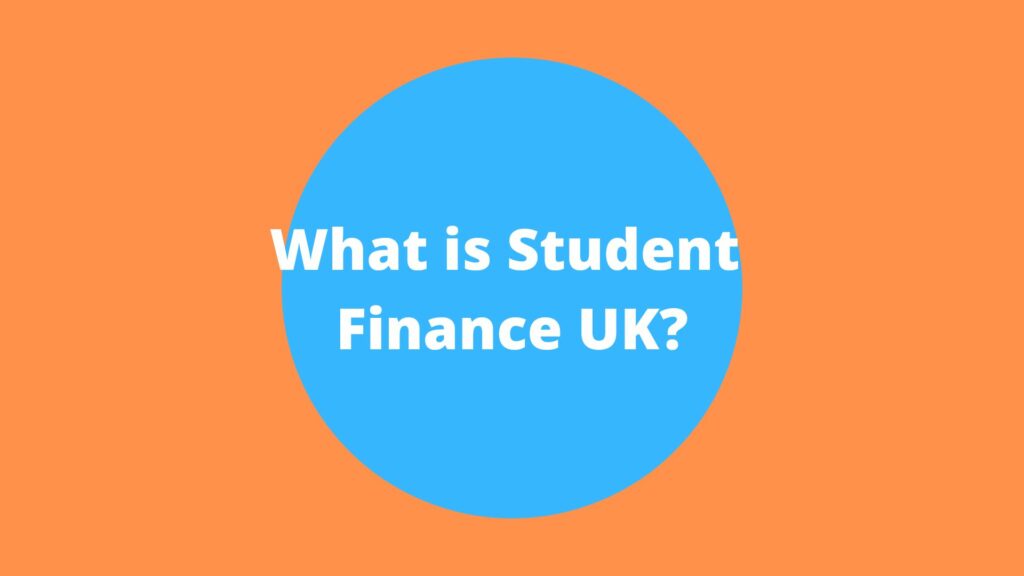Council tax is a tax that is levied on residential property in the UK, and it is used to fund local services such as rubbish collection, road maintenance, and the police. In most cases, full-time students are exempt from paying council tax, but there are some exceptions to this rule.
To qualify for council tax exemption as a student, you must meet certain conditions. Firstly, you must be enrolled in a full-time course of study at a qualifying educational institution. This means that you must be studying for at least 21 hours a week for a minimum of 24 weeks per year. Qualifying educational institutions include universities, colleges, and other educational institutions that are recognised by the government.
If you are a full-time student and live in halls of residence that are owned or managed by your educational institution, you will be automatically exempt from paying council tax. This is because educational institutions are given an exemption for council tax purposes for the accommodation they provide to their students. However, if you live in private accommodation, you may be liable to pay council tax.
If you live in a household with other students, you will also be exempt from paying council tax. However, if you live in a household with non-students, you may be liable to pay council tax. In this case, the non-students in the household would be responsible for paying the council tax, but they may be eligible for a council tax discount.
Part-time students do not usually qualify for council tax exemption, but there are some exceptions. For example, if you are a part-time student who is disabled and unable to work, you may be entitled to council tax exemption.
It’s also worth noting that council tax exemptions for students only apply to the property that you live in during term time. If you have a permanent home elsewhere, you may still be liable to pay council tax on that property.
If you are a full-time student and live with one or more non-student adults, they may be entitled to a council tax reduction. This is because they can claim a 25% discount on their council tax bill if they live with one student, or a 50% discount if they live with two or more students.
To claim council tax exemption as a student, you will need to provide evidence of your student status to your local council. This may include a letter from your educational institution confirming your enrolment and the dates of your course, as well as your student ID card.
If you are not sure whether you are exempt from paying council tax as a student, or if you are having trouble with your council tax bill, you should contact your local council for advice. They will be able to provide you with information about council tax exemptions and discounts and can help you to resolve any issues you may be having.
In summary, full-time students in the UK are generally exempt from paying council tax, but there are some exceptions to this rule. If you live in halls of residence owned or managed by your educational institution, you will be automatically exempt. If you live in private accommodation, you may be liable to pay council tax, but if you live with other students, you will be exempt. Part-time students do not usually qualify for council tax exemption, but there are some exceptions. If you are not sure whether you are exempt from paying council tax, you should contact your local council for advice.
Related Articles
If you are looking for similar articles why not try our Do students need a tv licence and what benefits do students get pages.
- A Guide to Student Loans
- Best Student Bank Accounts
- Can a Student Get a Credit Card?
- Do Students Get Free Dental Care in the UK?
- Do Students Get Free Eye Tests in the UK?
- Do Students need a TV Licence?
- Do Students Pay Council Tax?
- Do University Students in the UK Pay for Prescriptions?
- How to Apply for a Free Student Bus Pass in the UK
- How to Apply for Student Finance in the UK
- How To Make Money As A Student - Part 1
- How to Make Money as a Student - Part 2
- How to Make Money Online as a Student
- Student Finance
- Student Finance in Scotland
- Student Finance in Wales
- Student Finance Northern Ireland
- The Top 10 Ways for Students to Save Money in the UK
- What are University Hardship Funds?
- What Benefits Can Full Time Students Claim in the UK?
- What is Student Finance UK?

